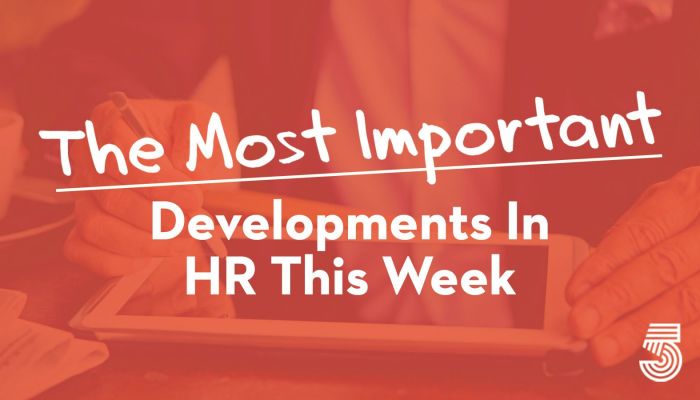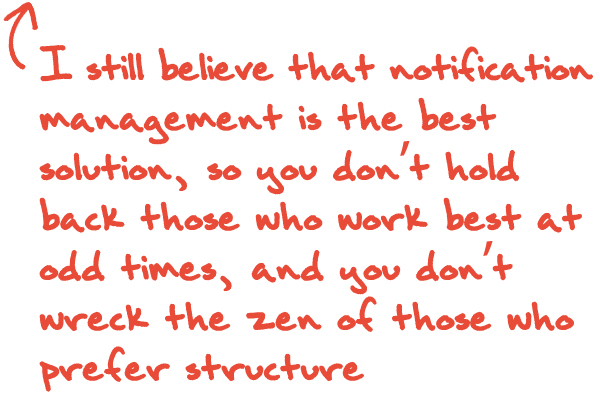The M.I.D., as we call it, is curated by our editorial team from more than 50 news sources. Like a lot of good ideas, this started as something I wanted for myself. If I can’t read everything, I at least want to stay abreast of the most important developments.
This week in HR, it was all about remote work: Overthinkers struggle with it, EY created a chief wellness officer to deal with anxiety about it, Zoom might have made it worse, the 4-day workweek might have made it even worse still, and small towns competed with HR for remote workers.

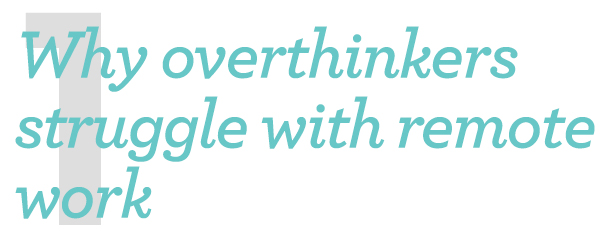
Anyone can suffer under the isolation of remote work. But it can be particularly hard on one type of worker: the ‘overthinker’. These are individuals who tend to over-analyze events around and pertaining to them, and need reassurance that everything is OK. Experts say remote work can make overthinking tendencies worse, because the lack of face-to-face communication among colleagues increases ambiguity and uncertainty — factors that can trigger overthinking spirals. (What did that one-line email mean? Am I getting fired during that afternoon Zoom?) There are steps individuals can take to stave off these intrusive thoughts. But it’s also up to managers to communicate better, so workers know how they’re doing — and aren’t left alone to wonder. Overthinkers can be a boon to the workplace. They’re diligent, hard-working, and aware of others’ feelings; since they spend so much time thinking about their performance and where they stand with people, they can be engaged and dedicated team members. But once anxiety takes hold, those strengths can become weaknesses (and rumination specifically can even lead to detrimental effects on mental and physical health, studies show). BBC

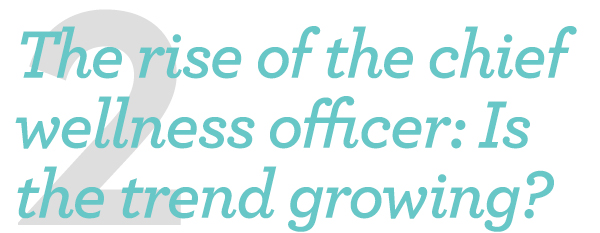
When professional services network giant EY was thinking about its employee experience strategy last year — about employee engagement, about its return-to-office strategy, about the struggles facing the organization and its workers — there was one theme that executives kept coming back to in their conversations: wellbeing. “We said, ‘You know, there is so much for us to be focused on over the next two, three, four years, that it would be great to create a team that’s just focused on wellbeing,” says Frank Giampietro, EY’s newly named chief wellbeing officer. That’s why the firm initiated a team dedicated to improving its employees’ wellbeing — including Giampietro’s role of chief wellbeing officer, a position that was created in November. For employers like EY that have developed the role, it’s an indication that wellness commitment, particularly fueled by the pandemic, isn’t waning; it’s only getting bigger. “You have to view wellbeing as a business imperative, it’s not a nice-to-do,” Giampietro says. “It’s actually imperative for businesses to be focused on this right now.” HR Executive
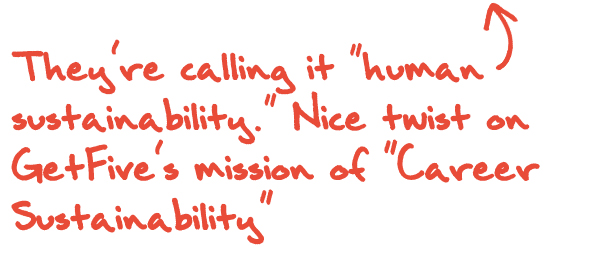
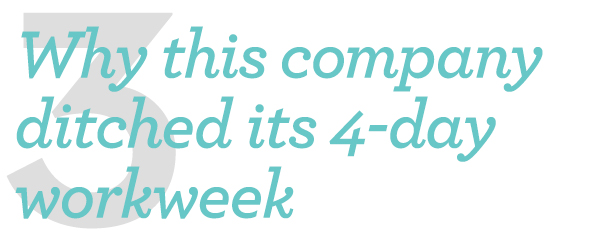
Research from Henley Business School in the United Kingdom found that a four-day week could provide benefits to employers and employees alike, including improved work quality, less stress, and a heightened ability to attract and retain talent. But is it really what it’s cracked up to be? Not always, says Rebecca Brooks, founder and CEO of the Los Angeles-based marketing research firm Alter Agents. Brooks started reading about four-day workweek experiments. Her business requires that her team be available based on clients’ deadlines, so shutting down the office on Friday wouldn’t work. Instead, the company decided to test a four-day workweek for 10 weeks, allowing employees to pick a day to take off. At the end of the 10 weeks, Brooks took a survey and found that employee satisfaction went down because the arrangement was creating more stress than it was intended to alleviate. “People weren’t able to fully relax on that day off,” she says. “Even if they were a hard boundary-setter, there was still tension and stress and anxiety about what they were missing or what they were going to come back to.” Fast Company

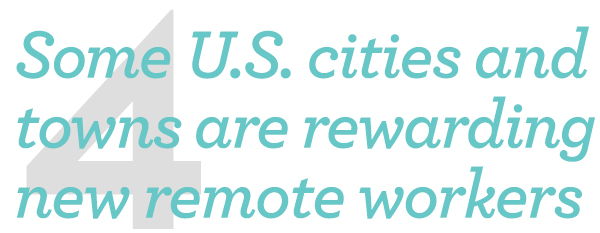
The Workplace Minute podcast is powered by H3 HR Advisors. It’s a short, quick version of the popular HR Happy Hour Podcast, where Steve Boese and Trish McFarlane take on topics on Human Resources, HR technology, work, and the workplace. And more. In this episode, Steve shares how some small cities and towns in the U.S. are using incentives and rewards to attract remote workers. It’s about small towns trying to attract knowledge workers to relocate by offering cash, tax incentives, and even assistance with buying homes. In some cases, the incentives could total $20,000. For towns, the ROI is huge. HR Happy Hour Workplace Minute

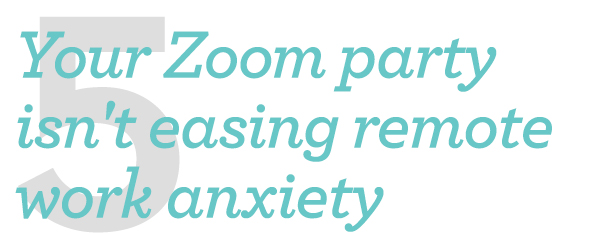
At first, Zoom was fun, kind of like a party. You could see how people lived, and it was cute when the dog wandered into the meeting with a ball in its mouth or the toddler said “hi.” But it didn’t take long for those interruptions to become distractions, and, instead of laughing, people on both sides of the screen started getting anxious. What will people think if I can’t control the background noise? How can we get the job done with all these disruptions? Other issues started to arise. Bosses were sending emails at 9 p.m.; workers were responding at midnight. No one seemed to know when to stop, and workdays became endless. Along with anxiety, employees increasingly felt stressed, worried, frustrated, and angry — all harbingers of our current burnout and the “Great Resignation.” And Zoom? It will be with us for a long time as we make the massive transition to a future of remote and hybrid work. Business leaders have the power to figure it out and are obligated to do it now. Training






